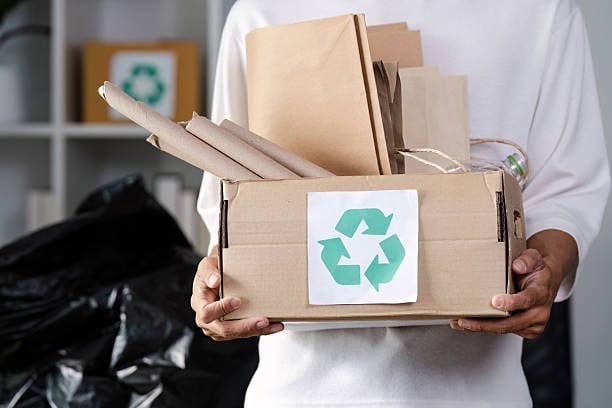Know What “Sustainable Business” Actually Means
Let’s start by busting a myth: sustainable business doesn’t mean sacrificing profits to save the planet. It’s about balancing profit with purpose—kind of like walking a tightrope while juggling ESG metrics.

At its core, sustainable business means:
- Reducing environmental impact
- Creating ethical, transparent supply chains
- Treating people (and the planet) like they matter
- Still turning a profit—because hugs and solar panels don’t pay the rent
In other words, it’s not about being perfect. It’s about being intentional and accountable—environmentally, socially, and financially.
Get Experience (Even If It’s Scrappy)
You don’t need a master’s degree in climate science to get started. What you do need is initiative.
- Help a friend’s startup reduce packaging waste (ours almost sparked a war over compostable cups).
- Volunteer with local green initiatives.
- Intern at a sustainable brand.
- Start a blog or YouTube channel about eco-entrepreneurship.
- Offer to track your company’s carbon footprint—even if it’s just a spreadsheet and a dream.
The truth? Sustainable business is still evolving. So there’s plenty of room to experiment—and fail forward.
Network Like a Human
Yes, networking can feel like showering with your socks on. But in the sustainability space, it’s refreshingly human.
Go where the green minds gather:
- Attend eco-friendly business meetups, virtual panels, or sustainability conferences.
- Ask real questions—skip “What do you do?” and try:
- “What was your weirdest sustainability project?”
- “How did you convince your boss to ditch the office printer?”
- “Why do compost bins always smell like betrayal?”
Sustainability folks are some of the most generous people you’ll meet. Talk to them.
Read more about career & skills blogs.
The Benefits of Going Circular
1. Cost Savings
Less waste = lower disposal costs.
Reusing materials = fewer raw inputs.
We saved 20% on materials in year one just by giving our stuff a second life. Our accountant stopped muttering under his breath. That alone was worth it.
2. You Actually Feel Better About Existing
Ever looked at your work and thought, “Are we part of the problem?”
Circular practices reduce that existential dread. Suddenly, you’re not just selling things—you’re offering smarter, more responsible choices.
3. Customers Become Superfans
People love brands with values—especially when those values match their own.
Think of the circular economy as the Taylor Swift of business ethics: wildly popular and surprisingly everywhere.
A circular business means:
- Reuse, repair, recycle, repeat
- Healthier profit margins
- Loyal customers
- Lower stress
It’s not just for eco-nerds. It’s for anyone who wants to do business better.
Bonus: Use No-Code AI to Scale Sustainably
Turns out, there are unicorns in tech: no-code AI platforms built for real people—like business owners who just know how to reset a Wi-Fi router.
With no-code AI, you can:
- Automate routine tasks
- Predict customer trends
- Track sustainability metrics
- Generate content
All without writing a single line of code.
That means more time for strategy and less time lost in spreadsheets.
Choose a Path (Then Expect to Zig-Zag)
There’s no single “right” job in sustainable business. You can make an impact from almost any seat at the table.
Here are a few roles to explore:
- Corporate Sustainability Strategist
- Green Product Developer
- ESG Analyst
- Sustainable Supply Chain Manager
- Climate Tech Entrepreneur
- Ethical Sourcing Consultant
And if none of those sound perfect—good. Sustainability touches every department. You can bring it into marketing, operations, HR, or even customer service.
My own path looked more like a game of Twister. But every twist taught me something valuable.
Final Thoughts: Start Small. Start Now.
A career in sustainable business isn’t about being a savior—it’s about being committed to doing better, one decision at a time.
- Volunteer for that local composting drive.
- Start the blog.
- Pitch the sustainability idea at work.
- Join the weird eco Slack group.
- Track your impact, even if it’s messy.
Because every tiny step toward sustainability counts—and your career can be one of them.